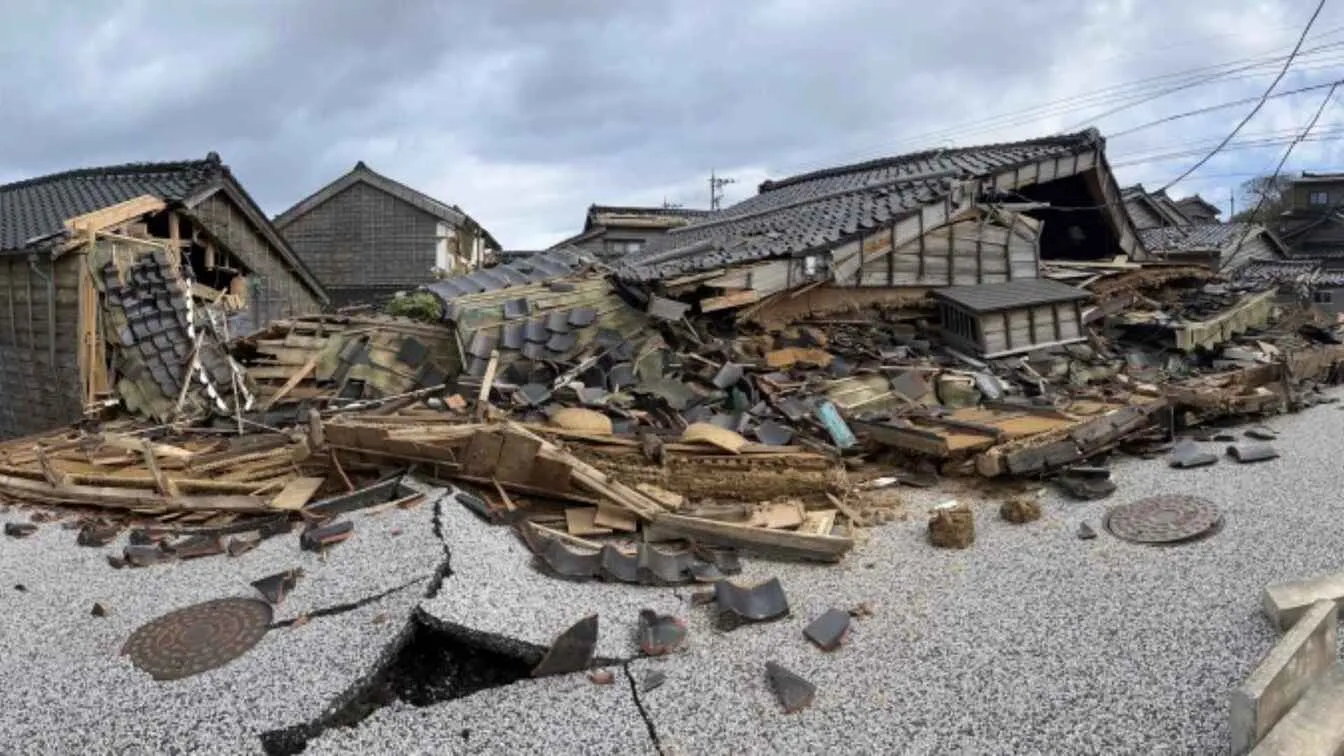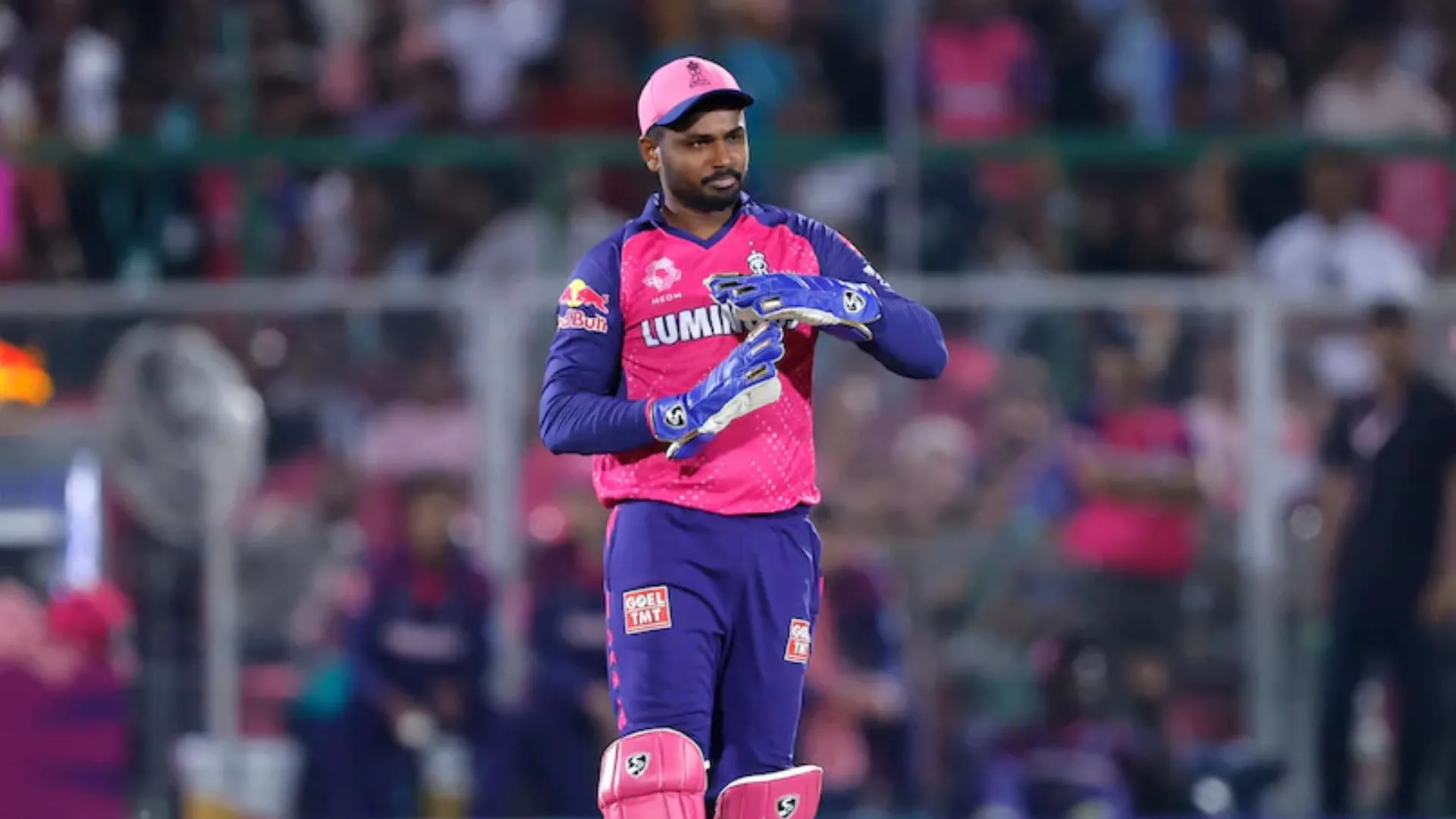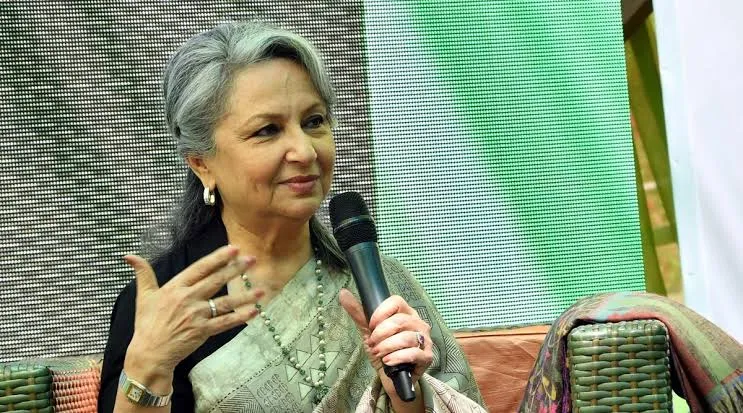It marks a historic day for the state of West Bengal and its Chief Minister Mamata Banerjee as the Legislative Assembly has successfully passed the Aparajita Woman and Child (West Bengal Criminal Laws Amendment) Bill, 2024, with the objective of fostering a “safer environment for women and children.”
During her address in the Assembly, Chief Minister Mamata Banerjee emphasized, “Rape has become a national disgrace. It is time for us to unite in social reform to prevent such heinous acts.”
In cases of Acid attacks, GoWB has proposed life imprisonment, fines and deemed it to be a non-bailable offense.
Bengal stands to secure the safety of women, Bengal stands with the Aparajita anti-rape Bill! #BengalShowsTheWay pic.twitter.com/dRv4yEnHBj
Advertisement · Scroll to continue— All India Trinamool Congress (@AITCofficial) September 3, 2024
The anti-rape bill comes in the wake of the rape-murder of a woman medic at the state-run RG Kar Medical College and Hospital last month in the state capital, Kolkata. Following the horrific incident, massive protests emerged across the state, with many junior doctors striking work, demanding safer work conditions.
VIDEO | West Bengal CM Mamata Banerjee (@MamataOfficial) speaks in the state Assembly as the TMC government tables the anti-rape Bill.
Titled the ‘Aparajita Woman and Child Bill (West Bengal Criminal Laws and Amendment) Bill 2024,’ the legislation aims to strengthen protections… pic.twitter.com/wlgVrhtm9R
— Press Trust of India (@PTI_News) September 3, 2024
But as the bill passes in the state assembly, the question arises: Can states tweak the National Laws?
Does varying punishment across states lead to disparity in justice?
If West Bengal awards the death penalty for certain cases of sexual assault & murder, but another state doesn’t- isn’t this disparity of justice?
To this Advocate Zeeshan says, “Disparity in justice can be viewed from both the perspective of the accused and the victim. The primary goal of criminal laws is deterrence rather than retribution. Article 20 of the Indian Constitution ensures that individuals are punished according to the law as it stood at the time of the offence, not based on any subsequent changes.
For instance, in the Kolkata rape case, the accused will be tried under the law applicable at the time of the crime. While sentencing in India is judge-centric and can vary, it is too early to predict the outcome. The variation in punishment across states is a reflection of the subjective nature of justice and the differing standards set by individual states.
Is 21 days sufficient to conduct a trial and convict a criminal in sexual assault cases?
Realistically, 21 days is not enough time to conduct a comprehensive trial in criminal cases, especially those involving serious charges like sexual assault. While the idea of swift justice is appealing, criminal trials typically take 2-3 years due to procedural requirements and the backlog of cases.
But this would require the cooperation of witnesses, the efficiency of the legal counsel, and the dedication of the judge to conduct a fair trial. In the rush to deliver justice quickly, there is a risk of compromising fairness, which is the cornerstone of any just legal system.
What if a criminal from another state commits a crime in West Bengal, Will they be subject to the Aparajita Bill?
Yes, the location of the crime determines the jurisdiction. Therefore, if a crime is committed in West Bengal, the accused will be tried under the state’s laws, including the provisions of the Aparajita Bill, once it’s passed as an act.
From women police stations to fast-track and POCSO courts, GoWB has tirelessly worked to ensure swift justice for victims of sexual crimes.
The Aparajita Anti-Rape Bill aims to make this process even more robust and foolproof.#BengalShowsTheWay pic.twitter.com/7tkUdOBTQl
— All India Trinamool Congress (@AITCofficial) September 3, 2024
What can state and central governments do to expedite trials?
Expediting trials requires a multifaceted approach. First, we need better-trained and more carefully selected investigating officers. Poorly conducted investigations often provide defense lawyers with ample opportunity to dismantle the prosecution’s case. Investigative agencies require more funding, advanced training, and modern equipment to carry out scientific investigations rather than relying on outdated methods.
Second, a well-prepared and fair prosecution is crucial. Prosecutors should be empowered to pursue further investigations if the evidence does not support the charges. This requires independence in thought and action, free from fear of reprimand.
Finally, the media plays a critical role. Instead of pressuring investigative agencies to produce quick results, the media should focus on accurate reporting that allows investigations to proceed without undue haste.






















